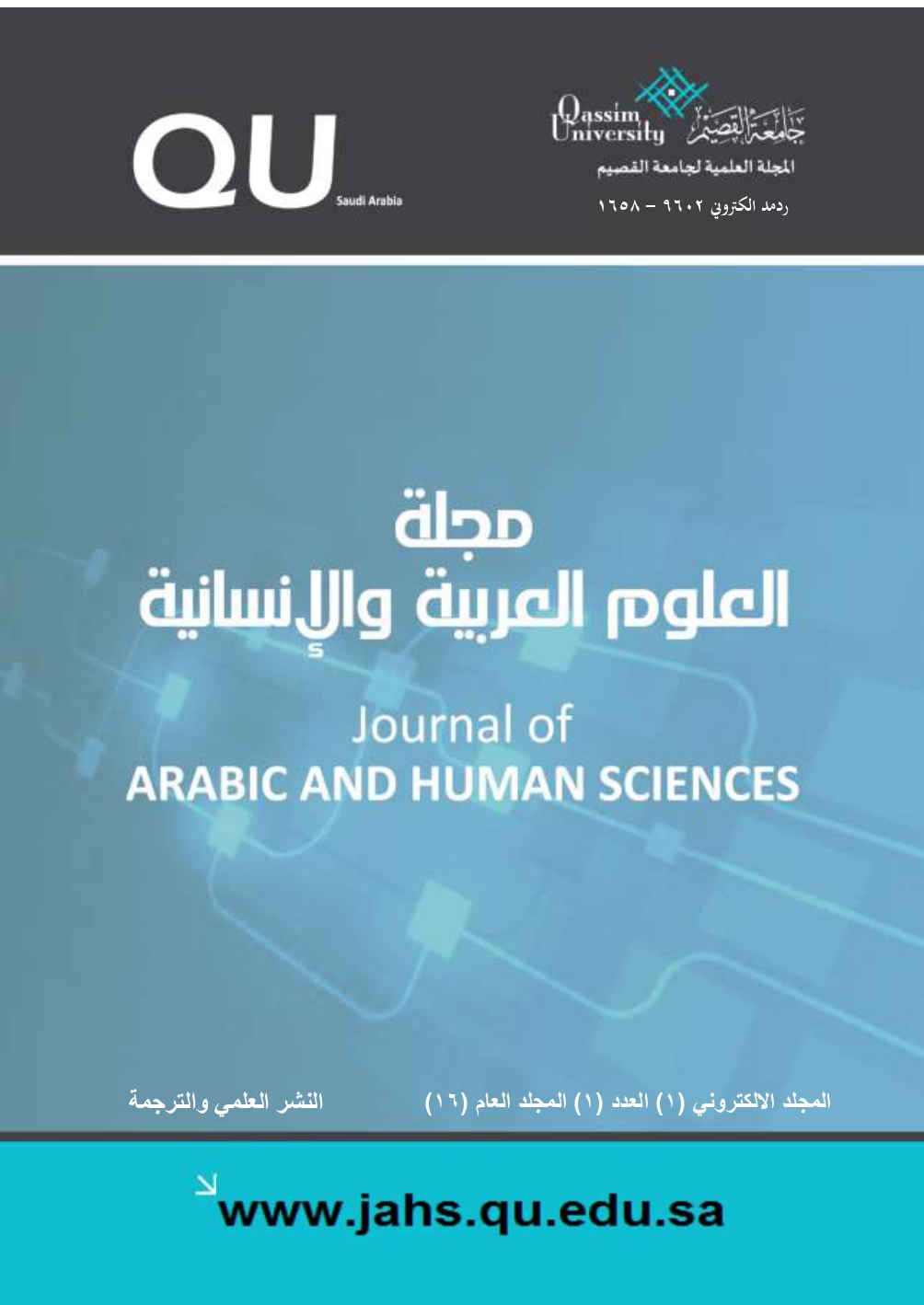Developing discourse in work environments based on Approaches to modern criticism:From administrative traditions to linguistic potential
Abstract
This research examines ways to develop speech in work environments in the light of the data of the critical approaches.it represents a link between the science of language and management, and an attempt to reconcile the function and structure of the language circulating in work environments. administrative traditions have painted this language in a certain administrative character in which the aspect of the job and the official goal prevailed, and may have missed some of the linguistic possibilities available to those who address this speech in writing and in recent times. hence, there is an area available to develop the functional speech in work environments.
The idea of research is based on trying to form a language written by the employee and spoken by a scientist in order to achieve his goal and objectives of linguistic means, mechanisms and strategies, speak the language and write it consciously, and all this reflects positively on the development of this language.
In this research, my plan dealt with: the concept of speech and its importance in the work environment, areas of speech in work environments, planning the speech in terms of thinking about the goal and conjuring the recipient and the purposes with the care of the situation, and then I addressed the well-known speech strategies, namely: The guiding strategy, the solidarity strategy, the hint strategy, the persuasive strategy, followed by talking about the choice of words, especially in terms of determining the significance and clarity, then dealt with the reversal, especially in the introduction, delay and brevity, then talked about the texture of the speech in terms of the availability of coherence and the coherence of the meaning,
One of the results of the research is that it revealed the linguistic potential that can be added by the data of modern criticism of speech in different work environments, and this linguistic potential makes speech vary from writer to writer according to the availability of awareness of this potential in the writer.the researcher believes that the most important approaches that improve the level of speech are deliberative, stylistic and textual science. these approaches contribute more than others to the construction of speech and its verbal and moral connectedness, the recruitment of different strategies, the selection of vocabulary and the recruitment of the most appropriate structures, etc.


